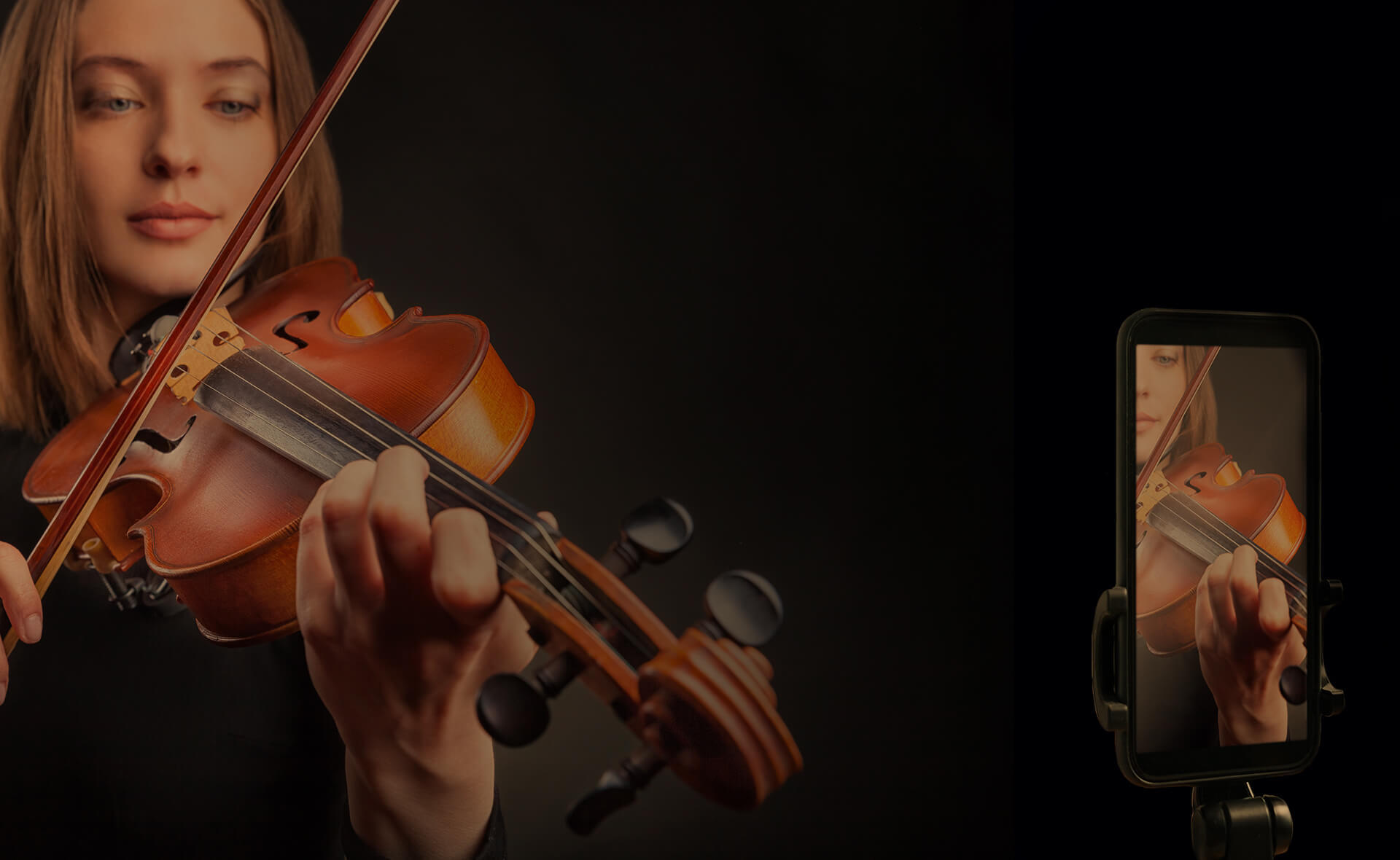The Queen of All Sciences
Let’s imagine that we would talk about learning maths without any prior experience. Recently, I have been thinking that maths is one of the most abstract studies. It sounds so silly, but it doesn’t exist, it is just in our head. Mathematicians are searching for the laws which govern the universe. Have we ever seen any numbers in real life? Definitely we can see the role of maths in physics where we can define gravity through equations amongst many other examples. In those cases there would seem to be something clear and definable with which we can work.
In terms of our experience of music at least we can see the music score, watch the performer and hear the notes. Of course we can’t touch it or smell it, but it challenges us to be present; it flows from moment to moment so it’s not easy to remain in contact with it.
In speaking about maths we also need to consider how long we have been learning it. We try to engage children from a very young age with that subject by counting apples on the table or asking how old they are, later studying it for at least a couple of hours a week through our whole education. We invest countless hours to study that one subject and we are still not convinced that we are able to pass A levels, go for further education and gain a higher degree in maths related subjects.
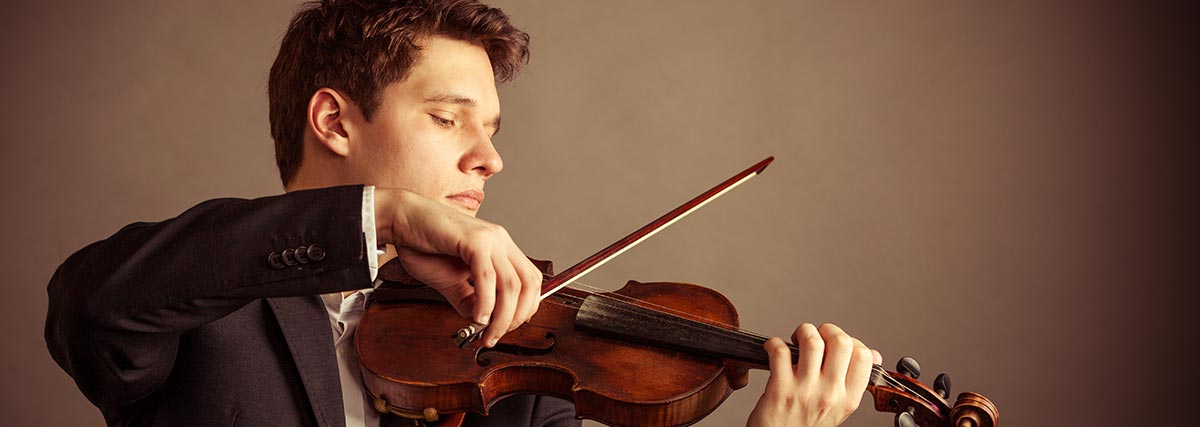
The world is supported by maths and without the basic rules it would be difficult to cooperate as a society and develop many other scientific fields which benefit our lives. I understand that the educational system has included maths in the curriculum because every child should be able to resolve simple logical problems or even simply to count money.
What if we decided to study maths at the age of 20 or 30 without any experience? We wouldn’t be familiar of any of the basics, not even numbers or simple equations. That scenario is so unlikely that it’s almost impossible to imagine, but perhaps we are faced with a similar situation in the case of learning an instrument without any prior musical experience? Playing any instrument is a complex activity in which the performer needs to master many different skills at the same time. As distinct from maths it is a combination of abstract activities that occur only in our mind and body. In some cases students need to relearn the most basic activities like breathing, while taking voice lessons or studying brass or woodwind instruments. It must be challenging to change such basic activities which we are performing daily, usually unconsciously.
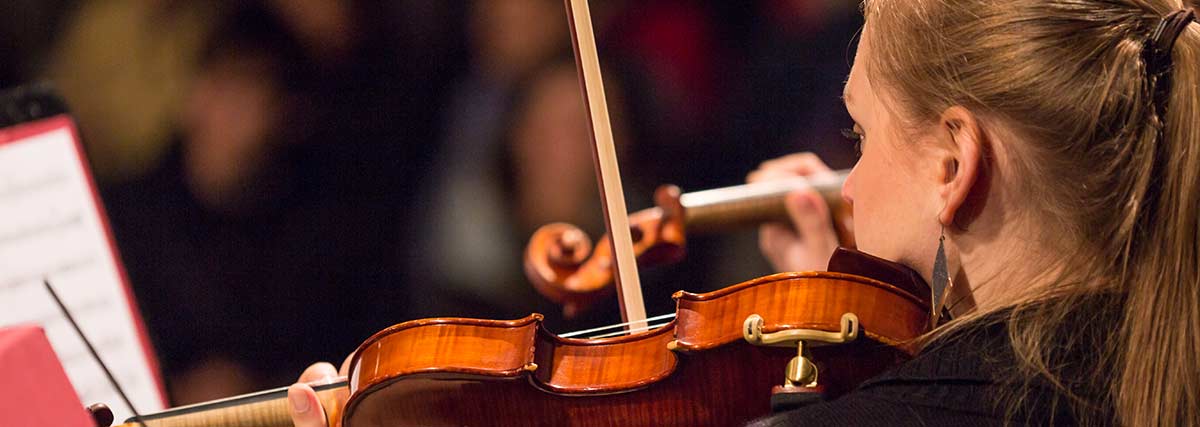
Unconscious Learning
Humans are naturally musical. The first proof of the transformative power of music occured thousands of years ago, the survival of the homo sapiens species over the neanderthal. Naturally musical homo sapiens practiced shared music-making which beneficially supported social functions such as communication, cooperation and social cohesion. The musical abilities played a key role in the evolution of language, which later had wider consequences of planning and carrying out complex actions: like warning of the risk of death dangerous animals or developing hunting techniques. Nowadays some languages are based on simple pitches and sounds. In the most well known fully-tonal languages we can include Standard Chinese or Vietnamese.
We don’t need to practice any kind of music making to be musical. We are surrounded by music from TV shows, films, or in the shops. Therefore, unconsciously we are ‘breathing in’ the music without any active work. Unfortunately, we are surrounded mainly by pop and mainstream music which narrows our interest in the wider field. There is a danger in the exposure to simple melodies and harmonies which tends to develop an interest only in that kind of music which may not be the most beneficial and meaningful for us. I think that in general people do everything to make life as simple as possible and not to waste energy on unnecessary actions, which is great,although sometimes through it we can so easily miss something beautiful and inspiring.
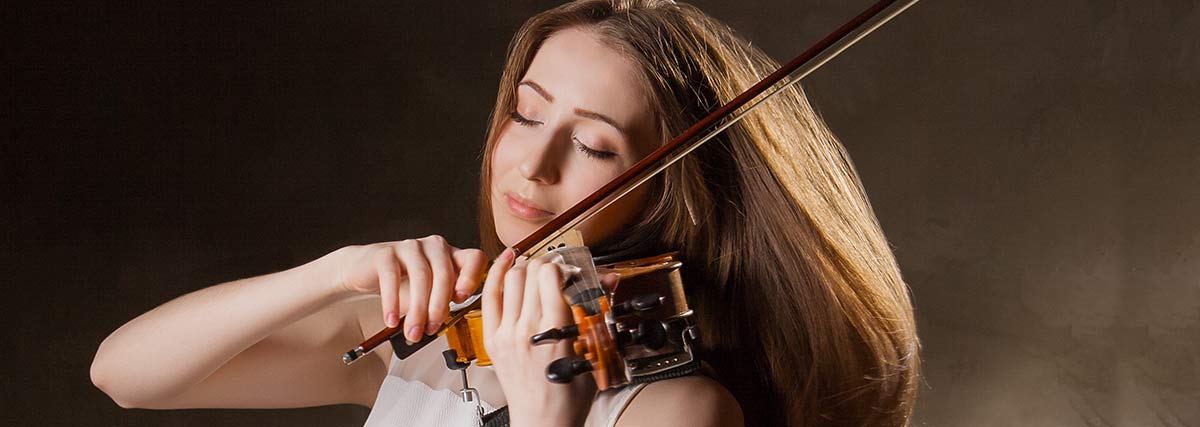
Leaving Your Comfort Zone
Shall we think of music as food? Let’s say you love potatoes and you decided to eat only that. You can have fries, roasted potatoes, jacket potatoes, mash potatoes, potato pancakes and just ordinary boiled potatoes. You can have a nice variety of potatoes everyday and live happily. On the other hand I’m afraid that you’re missing so much. You haven’t tried all types of pasta, noodles, rice, salad or grains. There is so much to discover. There are so many places you haven’t visited yet and I think it is worth leaving your comfort zone, to become open to new experiences. Perhaps one day instead of jacket potatoes with tuna you could try salad with tuna. Wouldn’t that perhaps be wonderful?
I do understand that the mainstream music industry has a lot to offer and there are so many extremely talented artists although I would strongly encourage you to explore a wider range of experiences.
Talking About Talent
Perhaps another question would come to mind while thinking of starting an instrumental or vocal lesson. Do I need to be talented to start playing the violin? Firstly we would need to define talent. For this article we could think of it as an ability to achieve certain skills. Unfortunately, the educational society tends to present talent as something we are born with and should demonstrate at an early age, which may be a harmful and delusional attitude.
Sometimes some children may not have started their musical education because the teacher in the nursery didn’t like the student’s tone of voice, which will change anyway with age, and certainly can be worked on in professional vocal lessons. It is quite common that this little mistake made by an innocent nursery teacher can have a big impact on a student’s musical future and interests. The ability to sing doesn’t necessarily go in line with the ability to hear and recognise different pitches or have a sense of rhythm. There are musicians who can’t sing but are amazing players.
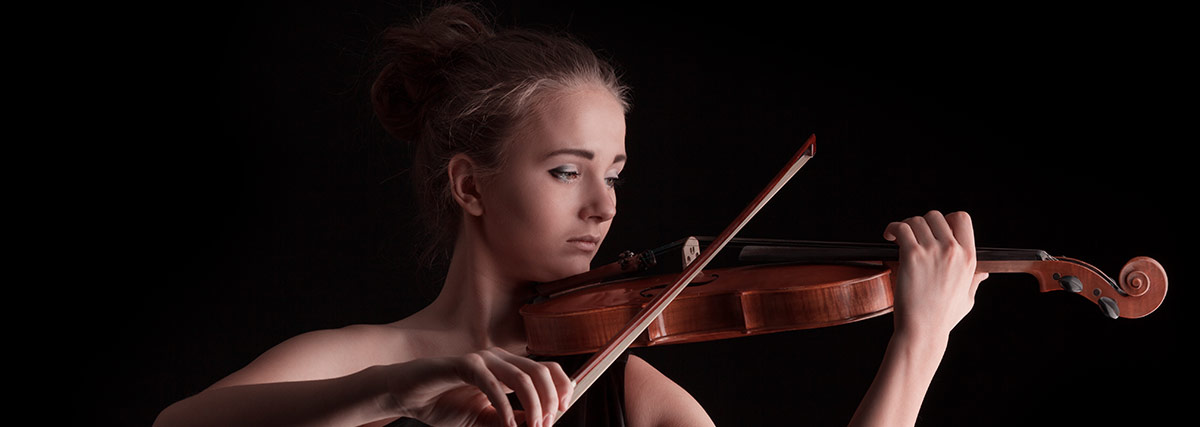
I think that the real question should be focused on personality and character rather than talent or experience. If you’re an extravert and can’t stand being on your own then probably you won’t be able to commit to lonely practicing on violin for hours. Another important attitude is patience, motivation and a good teacher who will establish the basics of playing violin. Sometimes the other aspects don’t matter.
There are highly talented people who play in a way that you just can’t teach. You can’t copy or explain some elements of their playing. Most importantly we should remind ourselves why we have decided to study music. I guess because we felt some emotional connection with music or the sound of an instrument which resonated with us and we are simply having fun and enjoying making music.
If our goal is to be able to play some carol songs after Christmas dinner or perform a happy birthday song to our friend as a gift then we shouldn’t be worrying too much if we do need prior experience or if we have some unique talent. Playing should be inspiring, it should give us some energy for daily tasks or may even heal some wounds and help us become better people. Maybe that’s actually too much. Let’s enjoy it and see what happens.
Yuval Noah Harari, Sapiens: A Brief History Of Humankind, (Vintage, 2011), 40.


